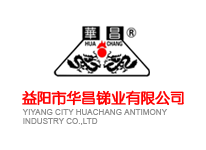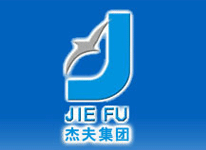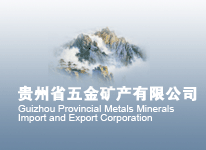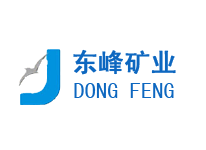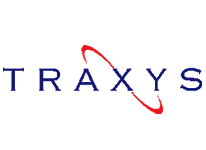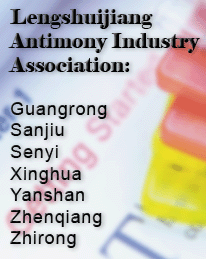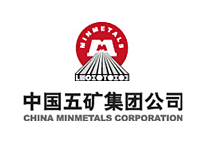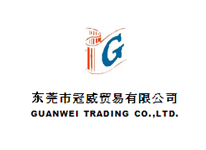Host
Sponsor
Support Unit
- Overview
- The 7th International Minor Metals Summit held by Asian Metal on October 24-26, 2012 attracted 98% of Chinese antimony producers all of whom noted significant benefits of attending the summit. Sources in antimony industry expect Asian Metal, with the influence on the domestic and overseas antimony market, to build an exclusive platform for them to discuss the market trend in 2013. For this reason, Asian Metal decides to hold 2013 World Antimony Forum in Thailand. The grand gathering will attract business resources in China, USA and the UK. Both upstream and downstream industry insiders will join.
- Despite Chinese dominance in the global antimony market diminishing in recent years, it will almost certainly remain the world’s largest producer in the near future. Within the last three years China’s share of the market is estimated to have declined by 10%, calculated to now range between only 70-80%. China’s realization that its antimony resources are dwindling has driven the government to implement unpredictable environmental measures, resulting in the reduction of mining and export quotas, as well as the consolidation and closures of underperforming facilities. Combined with a protracted and intensified clampdown on illegal mining and smuggling, this has resulted in significant supply disruptions and price volatility. This uncertainty, coupled with an increasing need for Chinese producers to import growing volumes of antimony concentrate to support its antimony concentrate supply has led to the increased awareness that additional production outside of China is needed to sustain the balance of supply and demand in the future. In response, a number of prospective new sources of supply in Europe, North America, Africa and Australia have emerged in recent years.
- After one year of the implementation of the so called “State Shield,” how has it impacted upon the market? How will the new projects impact upon the dynamics of the antimony market? How will the newly installed government in China impact on China’s future strategy? In the face of protracted economic uncertainty, with the prospect of a swift economic convalescence increasingly in doubt, will the supply of antimony products rebound in the coming years?
- Antimony smelting plants have been established in Tajikistan, Turkey, Russia and others are in production. What are the production capacities of these plants? How will they influence antimony market in 2013?
- China imposed frequent environmental rectification on antimony producers from late March, 2010 and then more than one hundred small smelting plants of antimony ingot were shut down. Antimony supply reduced sharply and the price surged. Chinese Government control over real estate market encouraged investments on antimony market and caused further speculations. As a result, the price of antimony rose sharply to RMB120,000/t in April, 2011, which was the third times of RMB40,000/t in early March,2010. Increasing profits encouraged many foreign mines to resume production and build smelting plants. What are the running condition and capacity of these plants? How will they influence antimony market in 2013?

